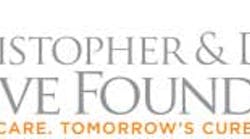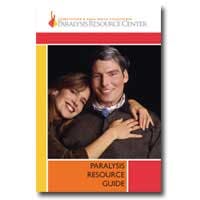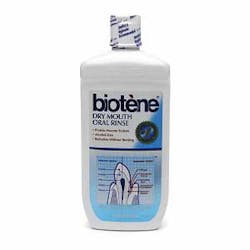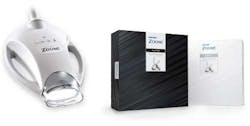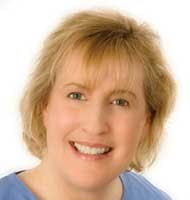I have spent my entire career working with medically compromised patients. From my very first job in a rehabilitation center, through years of homebound care, to being a consultant for ICU/hospital care, most of my patients have had neurological issues such as spinal cord injury, traumatic brain injury, and stroke.
My career has been full of gratifying challenges. My main concerns have always been about my patients’ oral care and its effect on their quest for independence. I've been attentive that the patient's family or health care provider understands the importance of oral health. Many hours were spent encouraging the patients to use appropriate oral hygiene aids so they could be as independent as possible in their own care.
But...what I didn't do was ask them if they liked their smile. It never crossed my mind. They have a disability to deal with, a life in a wheelchair or bed, more problems than any person should have to deal with...but their smile?? I never gave it a thought.
That is, until that day when I saw "Joe."
I had treated Joe years ago in a rehabilitation center, then in a "homebound" setting, and finally in a private practice setting. Joe was a young man when he had his car accident. His injuries were devastating, very similar to the late Christopher Reeve.
Dealing with a high level, severe spinal cord injury presents many challenges, including complete dependence on others for all care, including oral care. There are multiple medications to take, with many having the side effect of xerostomia. I've never met a spinal cord injured patient without this common side effect. Joe was no different and was in desperate need of products to help. But his smile? Never gave it a thought.
Now here was Joe at his dental recare appointment, asking me about his smile...really? With all of the issues in his life, is this patient really asking me about his smile? Was he really concerned about the color of his teeth?
I was floored. He had so many issues, and yet his smile was important to him! Wow, did he teach me a very important lesson. I will never again make assumptions about whose smile is important or not. All patients should be treated the same and I did not do that...I plead guilty.
Whitening is now promoted in a multitude of media. We see advertisements for both OTC whitening products and in-office "promotions." Everyone, including my challenged patients, is exposed to this media blitz. The push toward whiter smiles has been imprinted on the public consciousness.
Baby Boomers state the No. 1 reason they want to whiten their teeth is to look younger!(2) I have sometimes assumed a geriatric patient would not be interested in this procedure. However, in USAToday, 85% of people surveyed wanted to have their teeth whitened.(3)
Seniors and patients with disabilities are part of that 85%! Now, Philips Zoom is on my radar for all patients. And now, Joe is proud to flash his whiter smile.
References
1. http://www.zoomwhitening.com/en_us/. Philips and Philips Sonicare are registered trademarks of Koninklijke Philips Electronics N.V.
2. http://www.beyonddent.com/es/public/articles/Archived/296.aspx.
3. http://www.usatoday.com/news/health/2007-01-06-teeth_x.htm.
